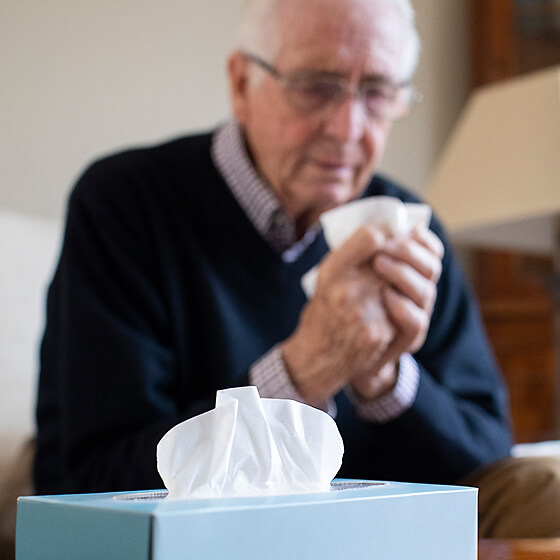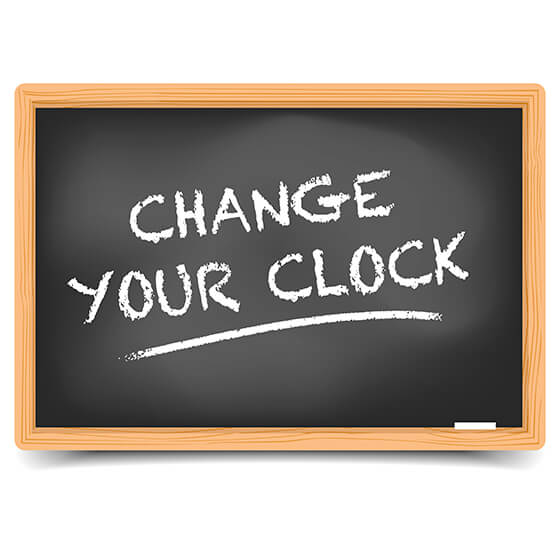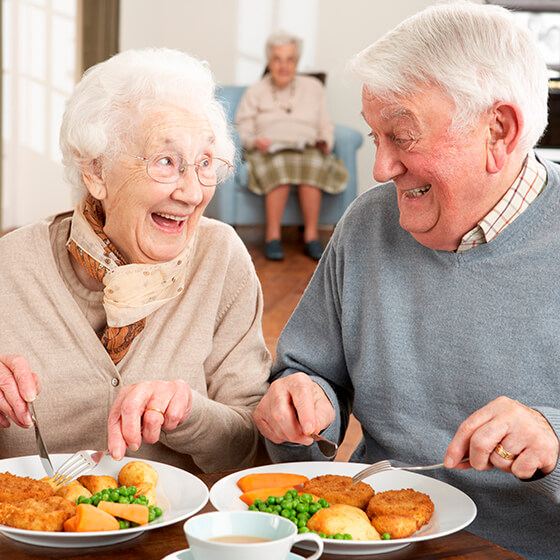Flu Season – Prevention Tips for Seniors and Caregivers
As we move through October and into November, we are entering the cold and flu season in Ontario. The temperatures drop and the amount of vitamin D we are receiving decreases as our daily sunlight minimizes incrementally. These factors, compounded with the cold and flu season, hinder our body’s natural defenses and compromises our immune system. Seniors are especially vulnerable to the cold and flu season as their immune system becomes weaker with age. As well, those who are caregivers for seniors are affected by their vulnerability to the cold...Read More



